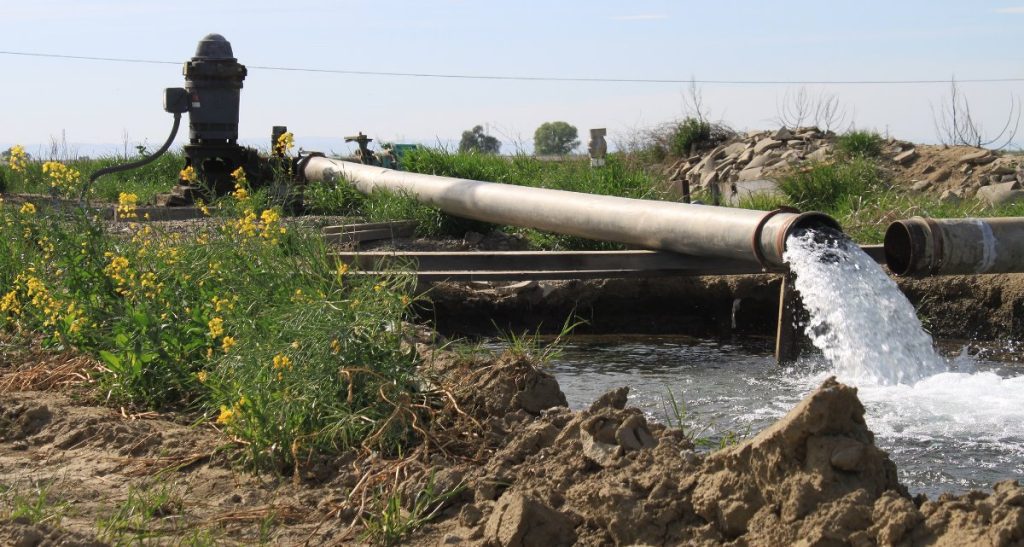A new study has revealed that humans have excessively pumped ground water from the Earth so much that the planet’s axis has drifted. The shift is not unconnected with how humans are moving all, a lot of water mass from under the continents, to the oceans. The study, which was reported in the journal, Geophysical Research Letters in June 2023, found out that the Earth’s rotational pole had drifted by 64.16 degrees east at about 4.36 centimeters per year from 1993 to 2010, due to human groundwater extraction activities.
The implication of this pole drift has to do with more climate crisis on the planet, which some other researchers have attributed to the melting of glaciers. A previous study had reported that the accelerated melting of the glaciers drove a polar drift of 26 degrees east at about 3.28 milliarcseconds (approximately 9.84 centimeters) per year after the 1990s. According to this recent study titled, “Drift of Earth’s Pole Confirms Groundwater Depletion as a Significant Contributor to Global Sea Level Rise 1993 – 2010”; the groundwater depletion caused a 6.24-millimetre rise in global sea level from 1993 to 2010. This is significant because each millimetrerise in sea level is said to make the shoreline retreat an average of 1.5 metres.
It also estimated 42% to 79% of all watersheds that pump groundwater may no longer be able to maintain healthy ecosystems by 2050, if this trend continues without sustainable interventions. Similarly, another study has revealed that pumping too much groundwater too quickly can also decrease water flow from natural streams. As reported on Insider.com, since groundwater naturally feeds streams, it can reduce or even stop stream flow when groundwater levels fall as a result of human extraction. The researchers added that many factors contribute to this axial wobble, including the melting of snow and ice in the Northern Hemisphere every spring, which significantly changes the distribution of water mass on earth.
After extraction, only about 80% of groundwater go back to the oceans through rivers after they might have been extracted; therefore, shifting all that water mass from Earth’s continents to its oceans. Meanwhile, one of researchers, Ki Weon Seo, a geophysicist and associate professor in the Department of Earth Science Education at Seoul National University, who led the study, said since Earth’s rotational pole periodically wanders by several metres per year, this contribution of a few centimetres from groundwater depletion is not really worrisome. He added that the rotational pole returns to previous positions most of the time, although the effect of ground water extraction’s contribution to sea level has been raising concerns.



